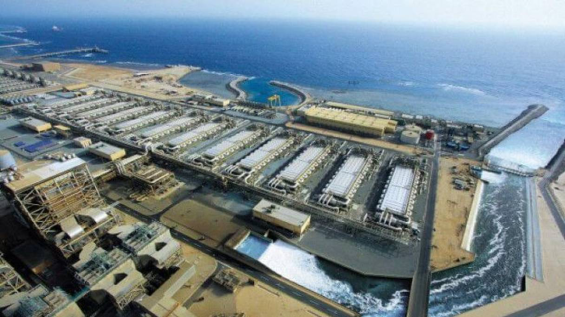On Tuesday, the Minister of Equipment and Water, Nizar Baraka, presented the House of Councillors with data on Morocco's desalinated seawater production. «Morocco currently produces 193 million cubic meters (m³) of desalinated water, with 80 million m³ allocated for domestic consumption and the remainder serving agricultural and industrial needs», explained Baraka in response to four questions on the topic.
The Minister highlighted Morocco's extensive experience in desalination, noting that the first plants were built in 1977 in Boujdour and Laayoune. A significant advancement came with the adoption of the National Program for Drinking Water Supply and Irrigation 2020-2027, launched in 2020 by the El Othmani government.
Since then, new desalination plants have become operational. Notably, the Chtouka plant, inaugurated in February 2022, has a capacity of 100 million m³, with 54 million m³ designated for domestic use. Baraka also mentioned the Al Hoceima plant, which produces 6 million m³, and the Dakhla unit, which produces 37 million m³, with 7 million m³ for domestic consumption and the rest for agriculture. Additionally, plants in Safi and Jorf Lasfar near El Jadida contribute to the country's desalination capacity.
Morocco's desalination capacity is expected to increase further with the commissioning of major projects, including the Casablanca plant in 2026, launched by Crown Prince Moulay El Hassan, and the Sidi Ifni unit, set to start by the end of 2024.
In his speech, Baraka praised Morocco's adoption of renewable energy in its desalination strategy. He noted that producing one cubic meter of water at the Chtouka plant, which uses non-renewable energy sources, costs between 10 and 11 dirhams. Farmers, however, purchase it at a subsidized rate of 5.5 dirhams per m³. In Casablanca, the cost will not exceed 4.5 dirhams per m³, and in Dakhla, it will be 3 dirhams per m³.
The Minister also reaffirmed Morocco's commitment to integrating nuclear energy into its desalination efforts. «We are in discussions with the International Atomic Energy Agency (IAEA) to launch projects in this direction», he said.
Nizar Baraka concluded by promising to increase Morocco's water desalination capacity tenfold by 2030.




 chargement...
chargement...












